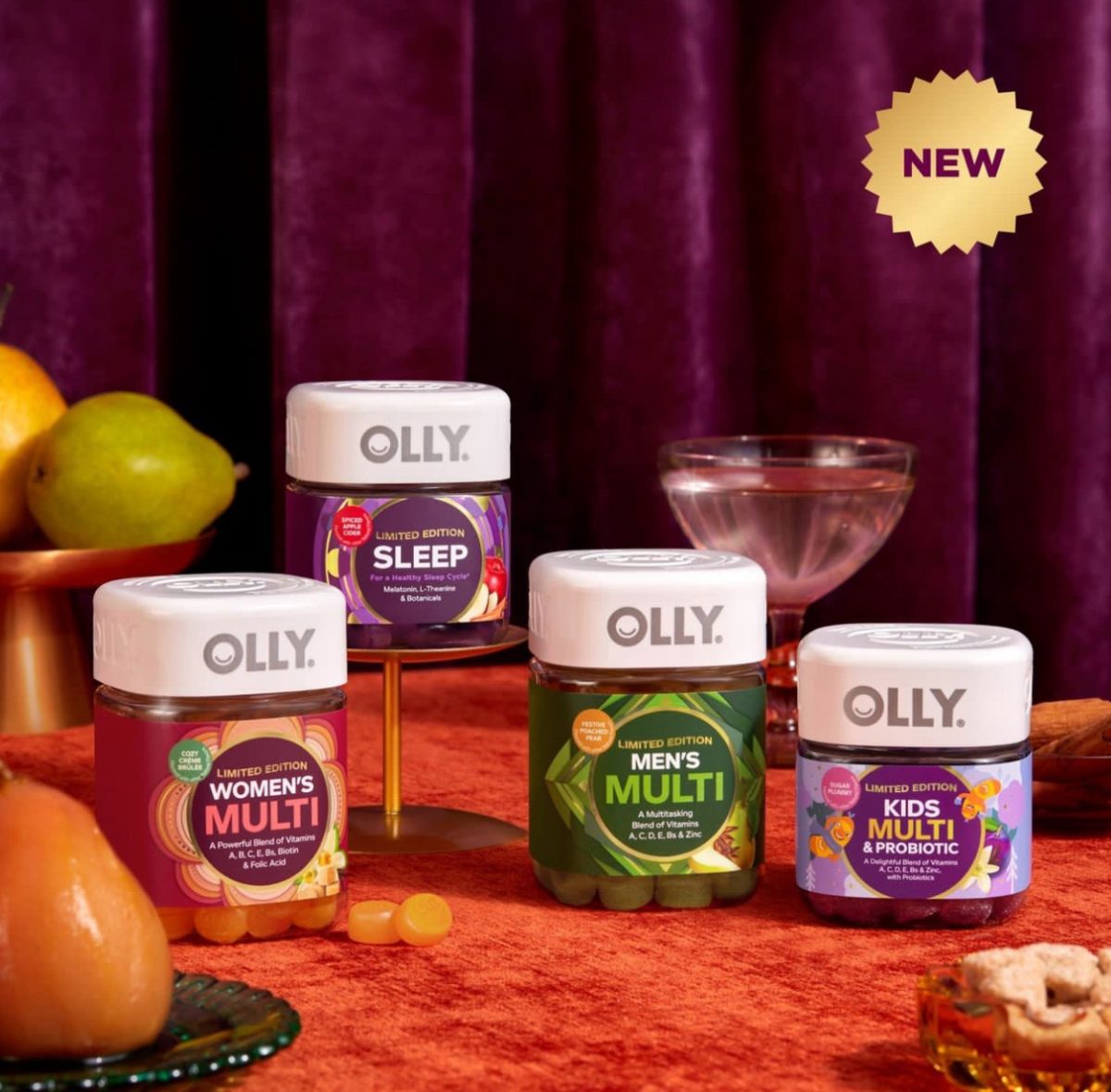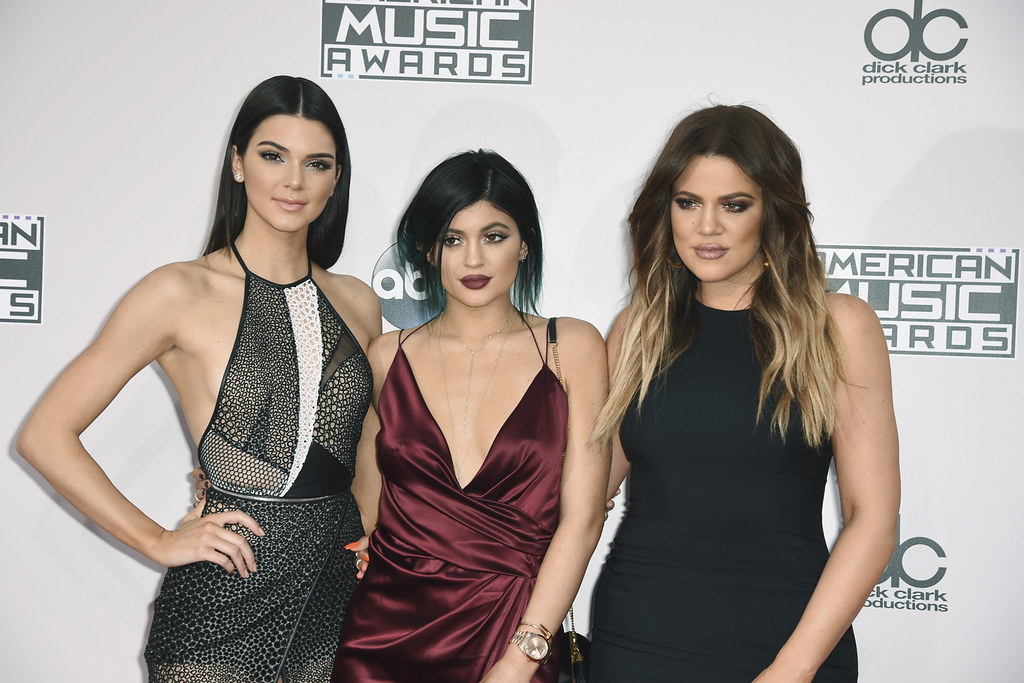Everyone has that one friend who is on top of all the new trends. From fancy shoes to new cooking recipes, they have it down. However, a new trend is appearing: dietary supplements. They help you sleep, debloat, be calm – anything you could possibly want to gain a ‘quintessential’ health! And, you can buy them at your local Target. However, these supplements are packed with both health benefits and dangerous habits.
According to Doctors Hospital, the U.S. FDA does not regulate dietary supplements, including Melatonin, as they do for prescriptions or medications bought over the counter. That means they dont test for hidden harmful ingredients, their safety, or their effectiveness.
Many of these supplements are advertised on social media as having little to no negative side effects. A customer, such as your friend, or a high school student, may believe they are improving their body and health, when these supplements they are taking are actually hurting them.
For example, celebrity vitamin companies fall into this category. Many of these vitamin supplements are not FDA approved, meaning that there is no scientific evidence that they even work. Plus, according to UCLA Health, “Most gummy vitamins contain between 2 and 8 grams of sugar per serving.” So, while these vitamin supplements advertise ‘debloating’, consumers are actually gaining nothing but a higher sugar intake.
Ashlyn Shell ‘27, a fifteen year old girl at Notre Dame High School, says she found Lemme gummies — Kourtney Kardashians Vitamin company — on Tik Tok.
Shell said, “The Tik Tok
said that there are many benefits to taking them, and all my friends started taking them. The ones that the girl in the video was talking about were the ‘debloating’ ones, she said they work really well. So, I decided to get them.” Ashlyn proceeded to get the supplement at her local Erehwon. After taking them for some time, Ashlyn Shell said that they “didn’t work, like at all. But, they taste good so I keep taking them.”
Social media posts promoting vitamin supplements as solutions to anti-aging, debloating, metabolism, hair and nails, etc, all contribute greatly to young girls’ self-image.

(@lemme)
When something is advertised on social media as not just effective but life-changing, many people want to buy it. This is especially true when the supplements address issues weight loss.
For instance, if a teenage girls’ favorite influencer posts about a vitamin supplement that has made her “lose so much weight,” but fails to mention her workouts and lifestyle, this is obviously misleading.
A young girl might conclude that weight loss was only because of consuming a specific gummy/supplement, and she will try it hoping it will work for her. However, she will not change her exercise or eating habits.
When the supplement doesn’t work, impressionable teens sometimes believe there is something wrong with them, or that they do not “deserve” to lose weight.
If those vitamins were not accessible to her, she would have been saved from the trouble, the expense, all of those negative thoughts, and all feelings of negative self-worth.
Another popular but unregulated supplement taken by teens is melatonin.
Grace Voelz ‘25 said, “I literally cannot fall asleep without it. I have been taking it since sixth grade, every night.” Voelz is now a senior.
According to Health Magazine, one of the most known side effects of melatonin is psychological dependance. The idea that someone “cannot sleep without it” is actually an illusion created by taking the supplement.
Overall, dietary supplements being accessible to teens and kids of all ages in retail stores raises many concerns about their physical health, emotional health, and addiction possibilities. Whether it is requiring these supplements to become FDA approved, or moving them to behind-the-counter products, something needs to change.







